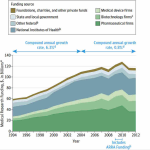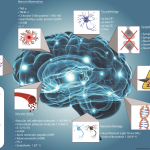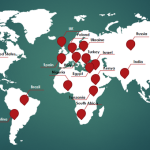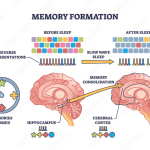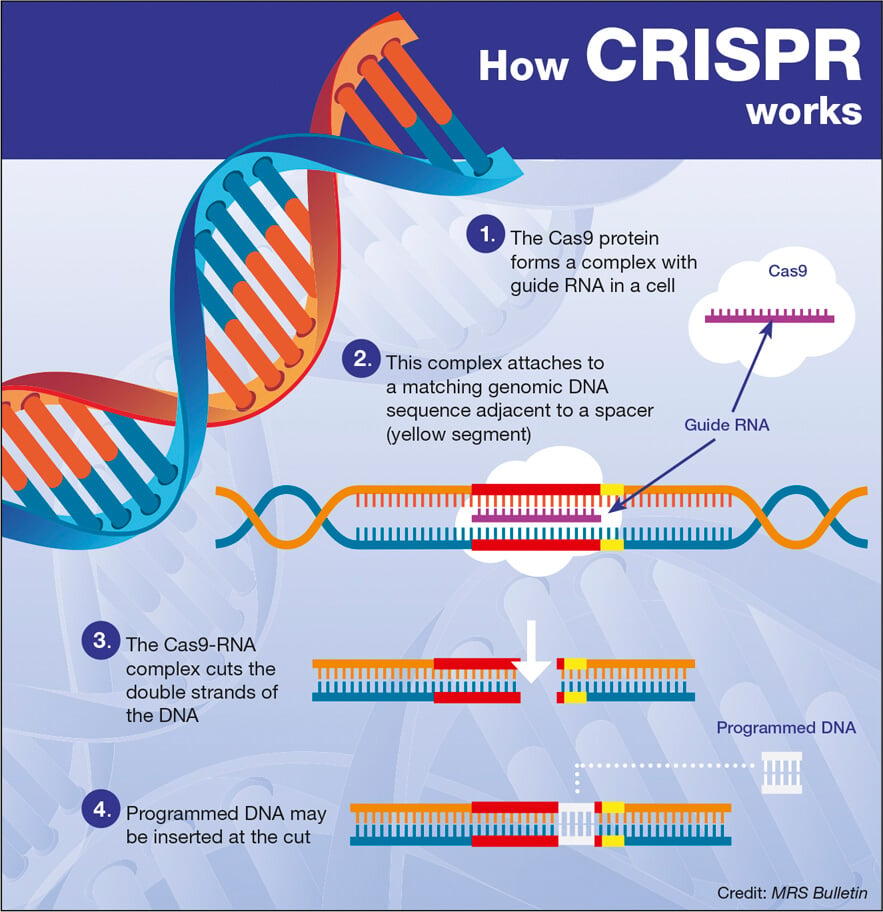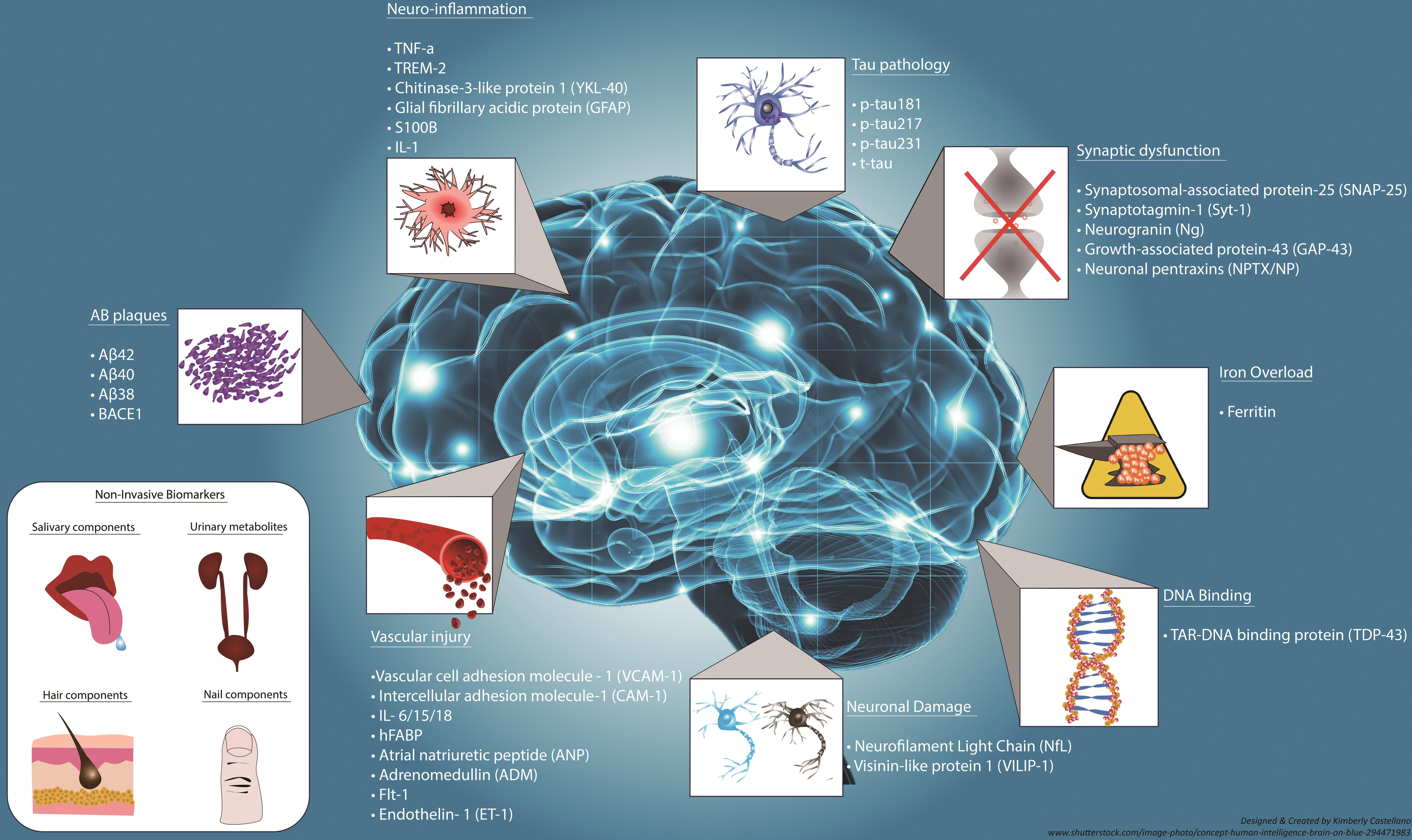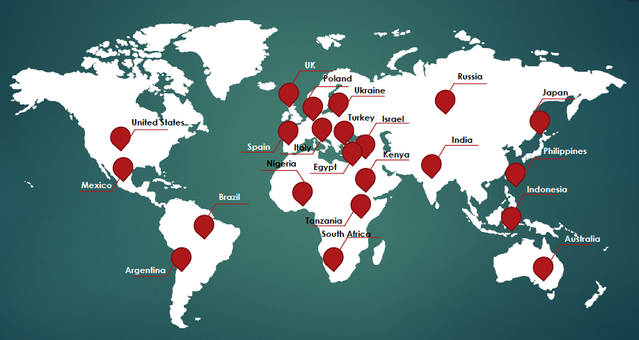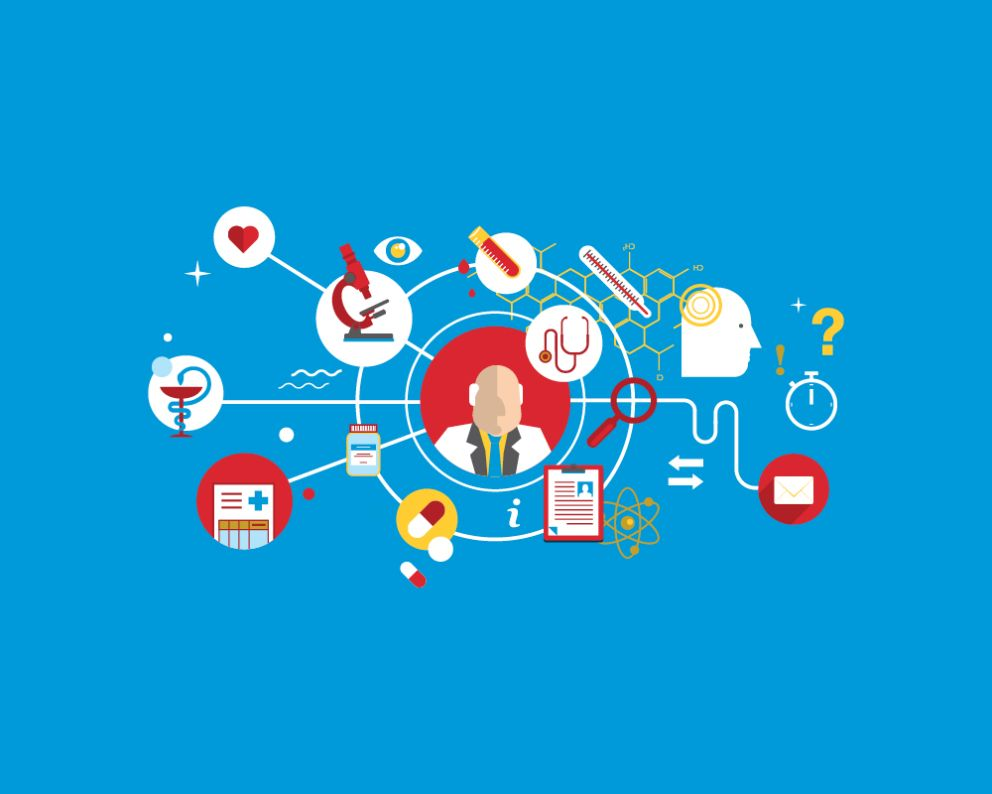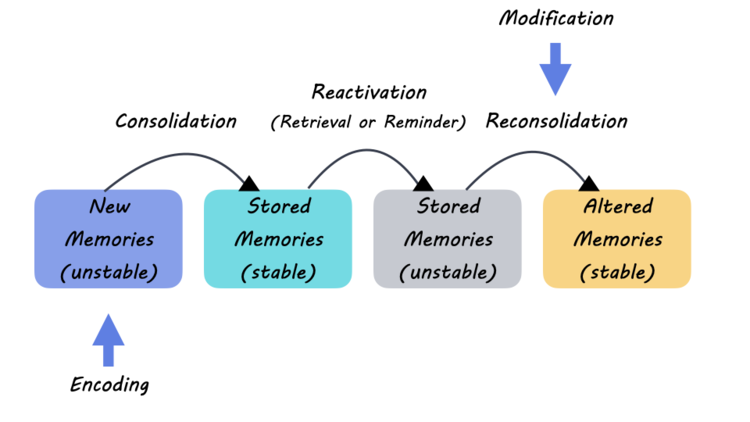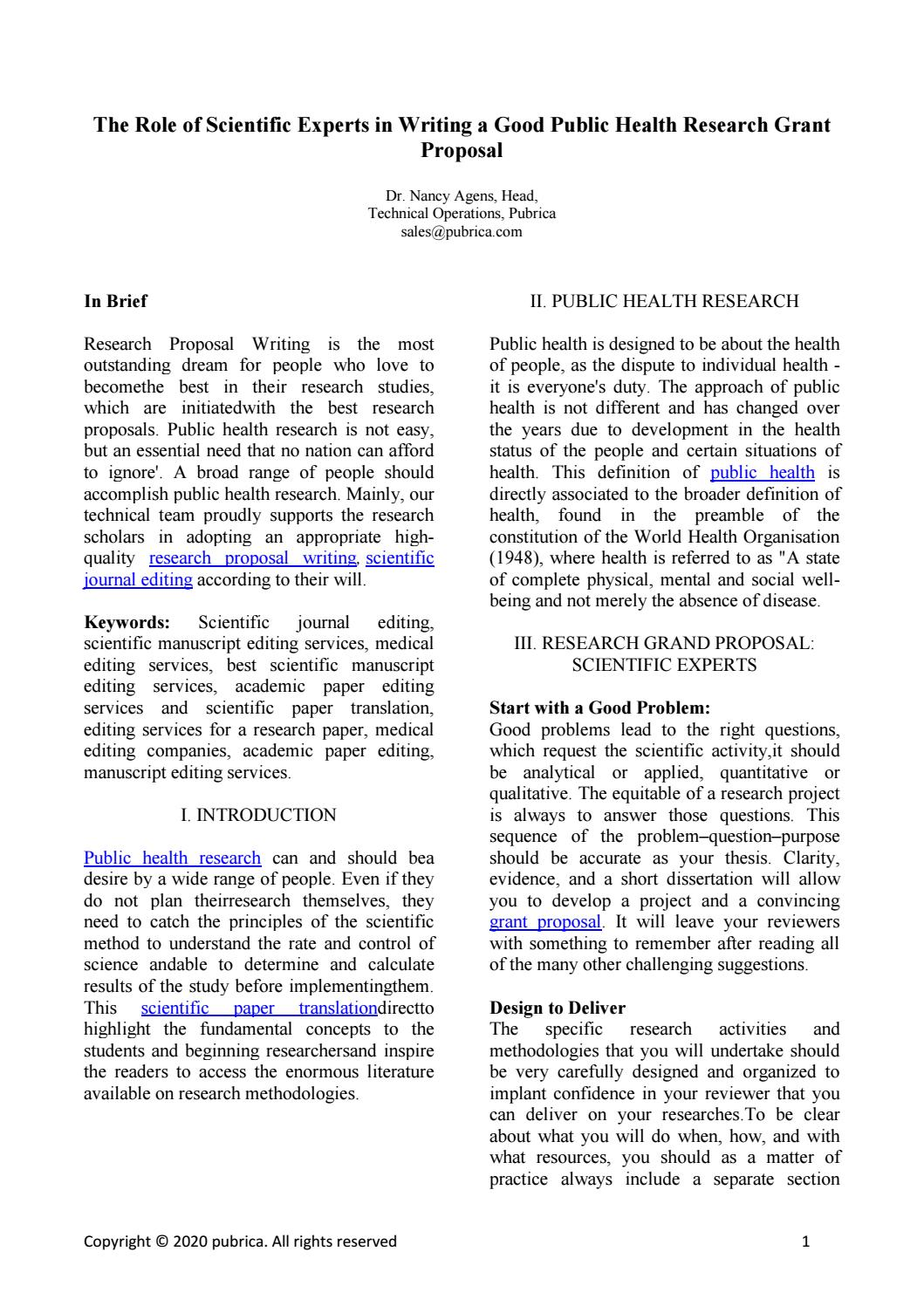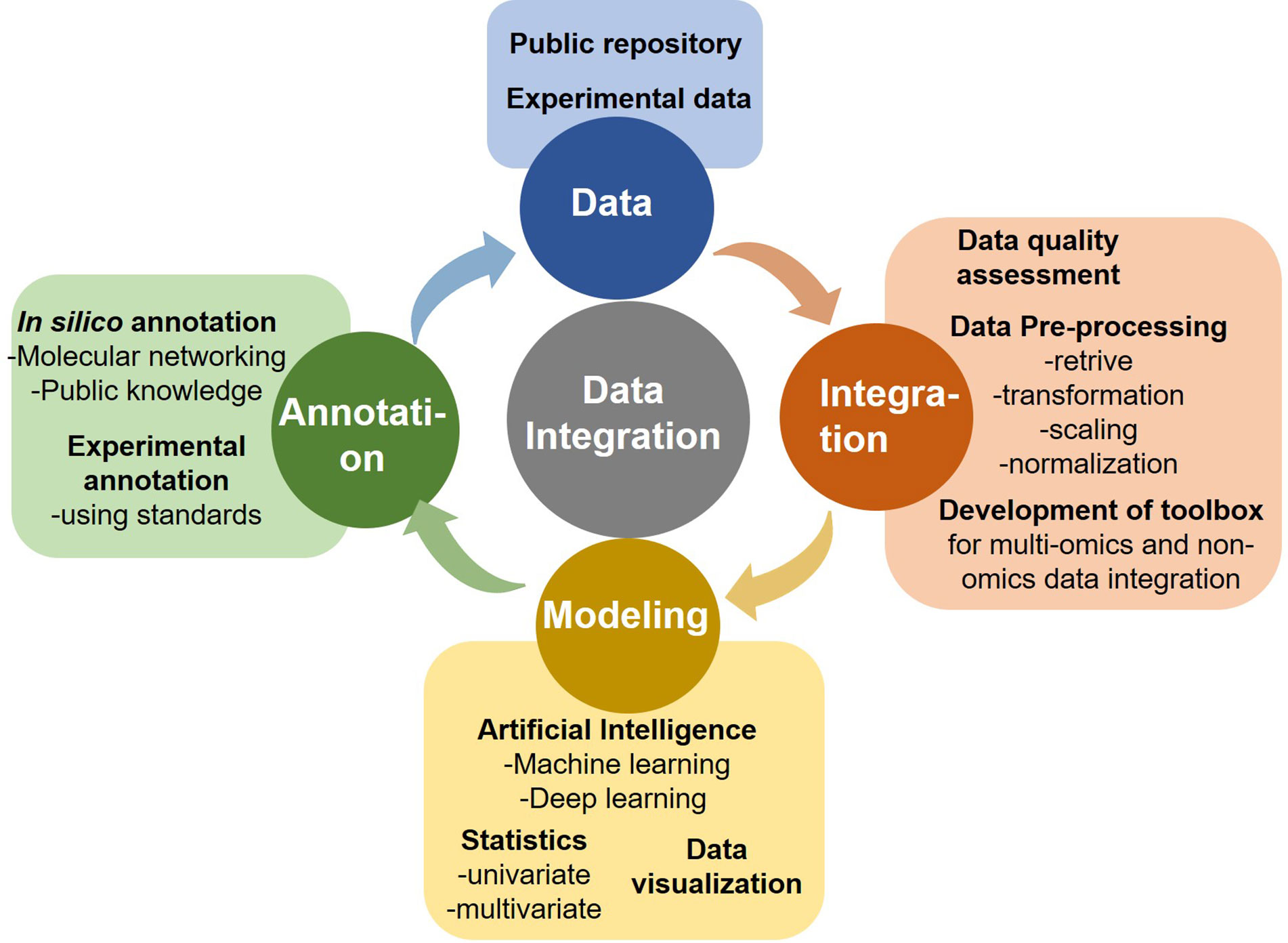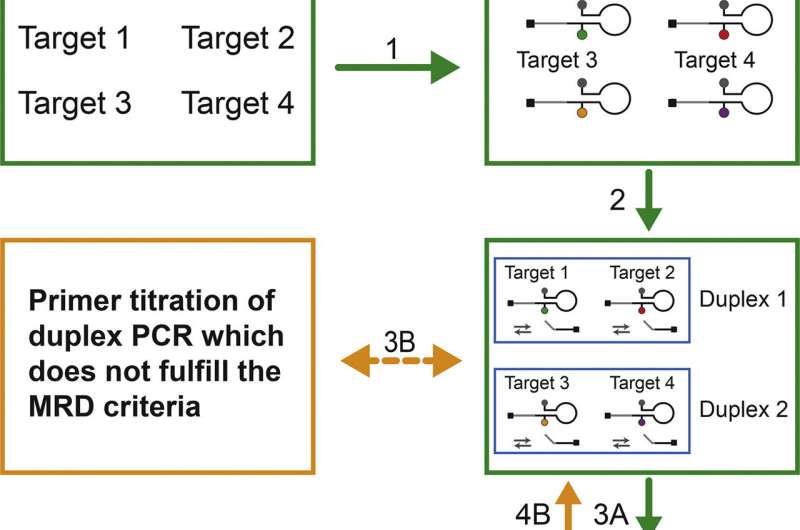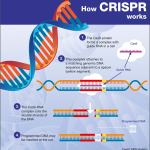
News Block
Fullwidth Featured
CRISPR Gene Editing: Weighing the Benefits and Ethics
CRISPR gene editing has emerged as a groundbreaking tool in modern science, offering unprecedented capabilities to modify DNA with precision.This revolutionary CRISPR technology allows researchers to target specific genes, raising hopes for curing genetic disorders such as sickle cell disease.
Medical Research Funding: Impact on Patient Safety and Ethics
Medical research funding plays a pivotal role in advancing healthcare innovation and ensuring patient safety in research.When funding is at risk or halted, as recently seen with the Trump administration’s freeze on over $2 billion in federal research grants to prestigious institutions like Harvard, the impact can resonate through multiple facets of medical trials.
Alzheimer’s Disease Research: Revolutionizing Treatment Approaches
Alzheimer’s disease research has taken a transformative turn, especially through the groundbreaking work of scientists like Beth Stevens, who emphasizes the role of microglial cells in the brain’s immune system.These unique cells not only patrol for signs of illness or injury but are also pivotal in synaptic pruning, a crucial process for neuronal communication.
Global Flourishing: Why Money Isn’t Everything for Youth
Global flourishing is a concept that underscores the interconnectedness of well-being across nations and generations, highlighting the urgent need to address youth well-being amidst changing societal dynamics.As recent findings indicate, financial security alone does not guarantee happiness or mental health; rather, it is the quality of relationships and community engagement that plays a pivotal role in fostering human flourishing.
Global Health Leadership: Atul Gawande’s Call to Action
Global health leadership encompasses the vital roles that individuals and institutions play in addressing worldwide health challenges.Figures like Atul Gawande, who previously led the Bureau for Global Health at USAID, highlight the significant impact of leadership on public health initiatives and the global health infrastructure.
Memory Formation: A Breakthrough in Understanding Learning
Memory formation is a fascinating process that enables us to learn and retain experiences throughout our lives.Recent advancements in neuroscience techniques have illuminated the intricate dynamics of how memories are created, highlighting the critical role of synaptic plasticity—the ability of synapses to strengthen or weaken over time in response to activity.
Memory Formation Technique Unlocks New Insights for Therapies
Memory Formation Technique is at the forefront of neuroscience, providing groundbreaking insights into how our brains create and retain memories.This innovative approach focuses on the critical role of synaptic plasticity, the brain’s ability to adapt and change its synaptic connections in response to learning experiences.
Research Grants in Public Health: A Path to Innovation
Research grants in public health play a crucial role in advancing our understanding of health challenges and potential solutions.These grants, particularly from federal sources, are vital for funding projects that address pressing issues like cancer prevention and nutrition-related health impacts.
AI in Pediatric Cancer Prediction Offers New Hope
AI in pediatric cancer prediction is paving the way for a revolution in how we understand and manage childhood cancer, particularly in relation to relapse risks.Recent advancements showcase that an AI tool designed to analyze brain scans over time can foresee cancer recurrence with impressive accuracy, leaving traditional methods in the dust.
Pediatric Cancer Relapse Prediction: AI’s Impact on Care
Pediatric cancer relapse prediction is an emerging field that harnesses the power of artificial intelligence to enhance patient outcomes.Recent studies have shown that AI tools can significantly outperform traditional methods in predicting the risk of cancer recurrence, particularly among young patients with brain tumors like gliomas.
